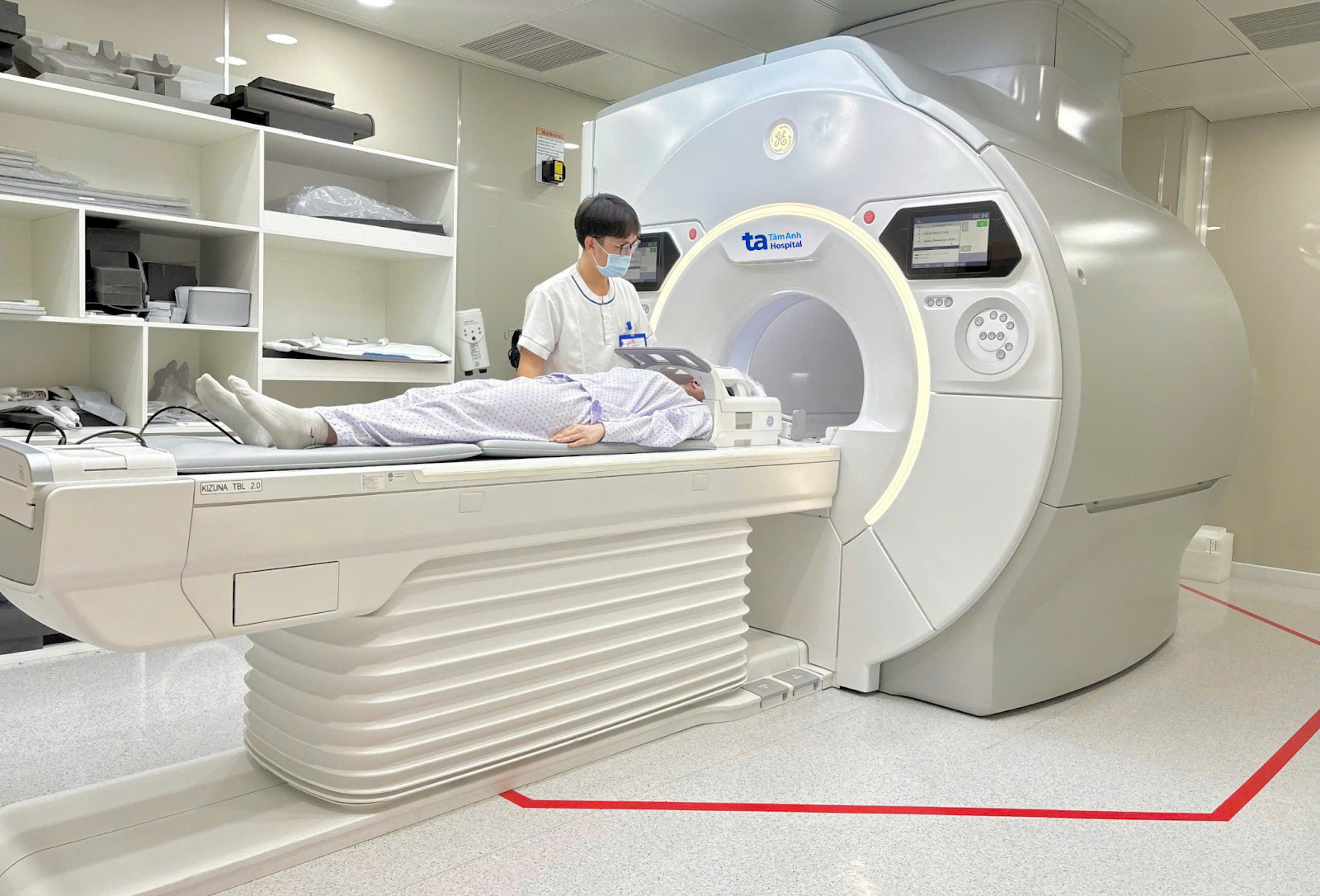Answer:
Forgetfulness is common in people over 50. If it's occasional and doesn't significantly affect daily life, it might be a normal part of aging, known as benign cognitive decline. However, frequent forgetfulness accompanied by disorientation, personality changes, and impacts on work or daily activities could indicate dementia.
Dementia is a progressive, irreversible cognitive decline affecting memory, language, executive function, spatial orientation, and attention span. Alzheimer's disease is the most common cause, accounting for approximately 60-80% of cases. Some people may experience dementia before 65, called early-onset dementia. Risk factors include a history of stroke, high blood pressure, diabetes, lipid disorders, traumatic brain injury, a sedentary lifestyle, smoking, alcohol abuse, and genetics.
Dementia can develop silently over many years, with symptoms like forgetfulness, repeating questions, difficulty remembering new information, and time-space confusion. Patients may struggle with familiar devices, tasks like cooking, using phones, or paying bills, and may not recognize loved ones. Some experience mood swings, irritability, unfounded suspicion, or withdrawal from social interaction.
If your mother's forgetfulness is frequent, affects her daily life, and is accompanied by behavioral changes, you should take her to a hospital with a Neurology department for a proper evaluation, diagnosis, and treatment plan.
 |
A 3 Tesla MRI scan examines brain structure, sinuses, and cerebral blood vessels, helping to detect dementia early. Photo: Tam Anh General Hospital
Doctors diagnose dementia by reviewing medical history, observing behavior, conducting neurological examinations, and administering neuropsychological tests to assess cognitive function and the extent of decline. They may order additional tests like a 1.5 - 3 Tesla MRI, a CT scan with over 100,000 slices, blood tests, or cerebrospinal fluid analysis to rule out other causes like brain tumors, small blood vessel damage, or diagnose Alzheimer's early.
Currently, there's no cure for dementia, but early detection and timely treatment can slow its progression, preserving the patient's ability to function and maintain their quality of life. Depending on the cause and type, doctors may prescribe medication to improve cognition combined with non-drug therapies like memory training, behavioral therapy, regular exercise, proper nutrition, and managing underlying health conditions.
To prevent dementia's progression, encourage your mother to exercise at least 30 minutes daily, get enough sleep, maintain a healthy diet rich in fruits and vegetables. Supplements with natural ingredients like blueberry and ginkgo biloba can help fight free radicals, protecting the brain and improving memory.
Dr. Nguyen Tan Sang
Neurology Department, Center for Neuroscience
Tam Anh General Hospital, TP HCM
| Readers can submit questions about neurological conditions here for doctors to answer. |












